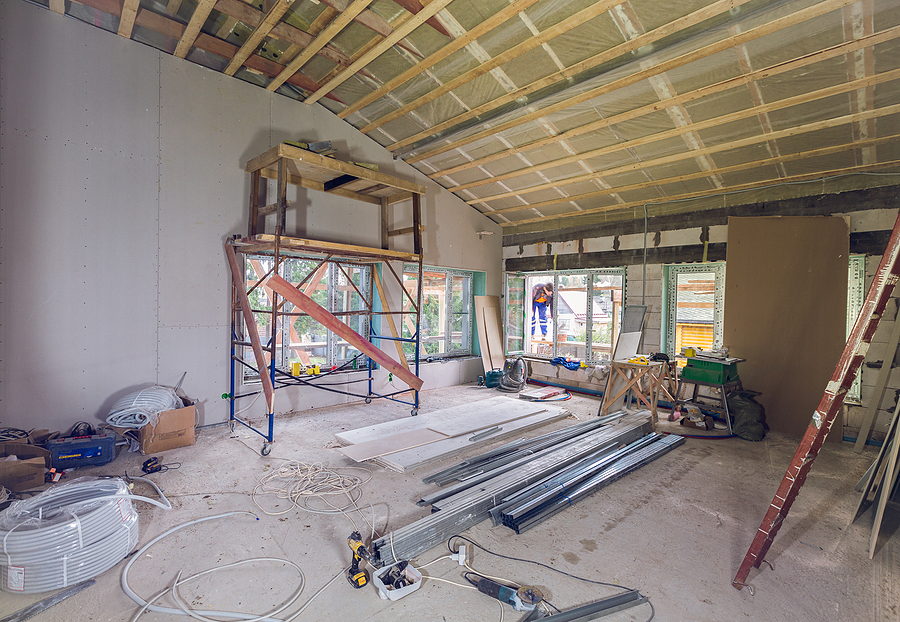November 24, 2023
Investing in real estate has long been recognized as a lucrative venture, offering the potential for substantial returns and portfolio diversification. While traditional financing options are commonplace, some investors are turning to hard money loans, despite their higher interest rates. In this article, we explore the reasons why investors should consider utilizing hard money loans for real estate investments and how the benefits may outweigh the seemingly disadvantageous higher interest rates.
Understanding Hard Money Loans
Hard money loans are a form of financing that is secured by the value of the real estate property rather than the borrower’s creditworthiness. These loans are typically provided by private investors or organizations and are known for their faster approval processes and shorter repayment terms compared to traditional loans.
- Speed and Accessibility
One of the primary advantages of hard money loans is their speed and accessibility. Traditional financing methods often involve a lengthy approval process, requiring extensive documentation and credit checks. In contrast, hard money lenders focus primarily on the value of the property being used as collateral. This expedited process allows investors to seize time-sensitive opportunities that might slip away with a slower conventional loan approval.
- Flexibility in Approval Criteria
Traditional lenders heavily weigh a borrower’s credit history, income stability, and debt-to-income ratio. Hard money lenders, on the other hand, prioritize the collateral property’s value and the investor’s exit strategy. This flexibility in approval criteria makes hard money loans an attractive option for investors who may have difficulty securing traditional financing due to credit blemishes or unconventional income sources.
- Investing in Distressed Properties
Real estate investors often encounter opportunities in distressed properties, such as foreclosures or those in need of significant renovations. Traditional lenders may be hesitant to finance such projects due to their perceived higher risk. Hard money lenders, however, specialize in financing these types of investments, recognizing the potential for substantial returns once the property is rehabilitated and its value increases.
- Short-Term Investment Strategy
Hard money loans are inherently short-term, typically ranging from a few months to a few years. This aligns well with investors who aim to buy, renovate, and sell properties quickly, commonly known as “fix and flip” strategies. The higher interest rates associated with hard money loans are often outweighed by the shorter loan duration, making the overall cost of financing reasonable for investors focused on swift returns.
- No Prepayment Penalties
Unlike many traditional loans that impose prepayment penalties, hard money loans often do not penalize borrowers for paying off the loan ahead of schedule. This feature is particularly advantageous for investors who complete their projects faster than anticipated, enabling them to minimize interest payments and maximize profits.
- Less Stringent Property Standards
Traditional lenders may have stringent requirements regarding a property’s condition and marketability. Hard money lenders, while still concerned with the property’s value, are generally more lenient in terms of its current state. This allows investors to take on projects that may not meet traditional financing standards but hold significant potential for value appreciation.
- Negotiation Power
Real estate transactions often involve negotiation, and having the ability to close a deal quickly with a hard money loan can provide investors with a competitive edge. Sellers may be more inclined to work with buyers who can secure financing rapidly, especially in competitive markets where time is of the essence.
While hard money loans do come with higher interest rates, their benefits often outweigh the drawbacks for certain real estate investment strategies. The speed, flexibility, and accessibility of hard money loans make them a valuable tool for investors looking to capitalize on time-sensitive opportunities, particularly in the realm of distressed properties and fix-and-flip projects. When used strategically and with a clear exit plan, the advantages of hard money loans can contribute to a successful and profitable real estate investment portfolio, making them a viable option despite their higher associated costs.











